Speakers
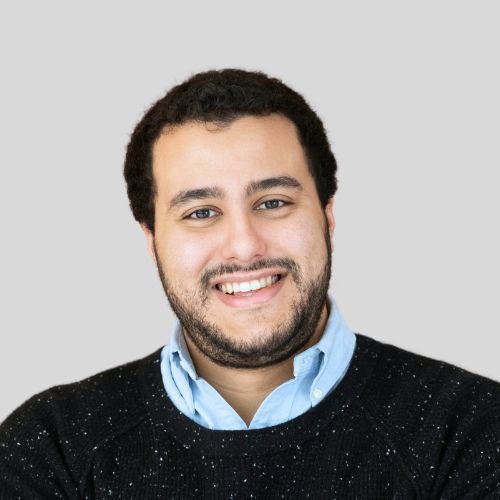
Omar O. Abudayyeh
Dr., Co-Founder, Sherlock Biosciences, Abudayyeh-Gootenberg Laboratory, McGovern Institute for Brain Research at MIT, Assistant Professor at Harvard Medical School, USA

Janusz Bujnicki
Prof., Head of the Laboratory of Bioinformatics and Protein Engineering at the International Institute of Molecular and Cell Biology in Warsaw, Poland

Jonathan Gootenberg
Dr., Co-Founder, Sherlock Biosciences, Abudayyeh-Gootenberg Laboratory, McGovern Institute for Brain Research at MIT, USA

Ben Kleinstiver
Dr., Kayden-Lambert MGH Research Scholar. Associate Investigator, Massachusetts General Hospital. Associate Professor, Harvard Medical School, Center for Genomic Medicine & Department of Pathology, USA
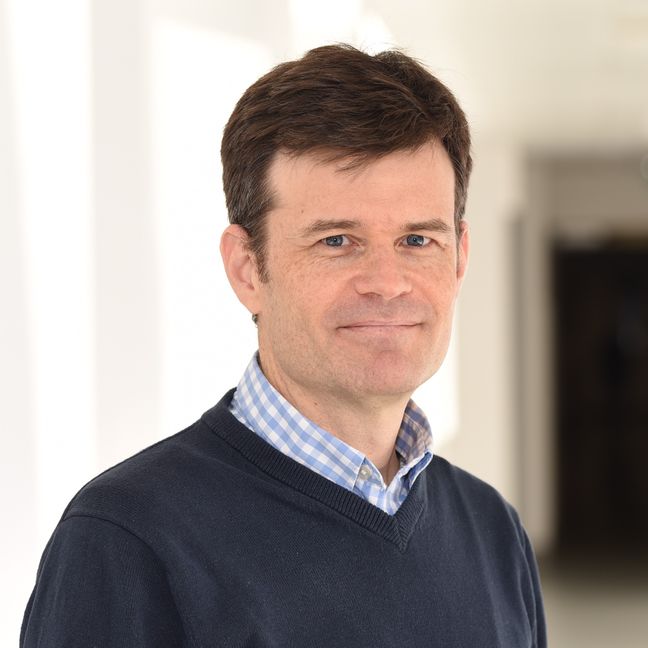
David Adams
Senior group leader in the Cancer Ageing and Somatic Mutation programme at the Wellcome Sanger Institute and leads the Experimental Cancer Genetics Laboratory, United Kingdom
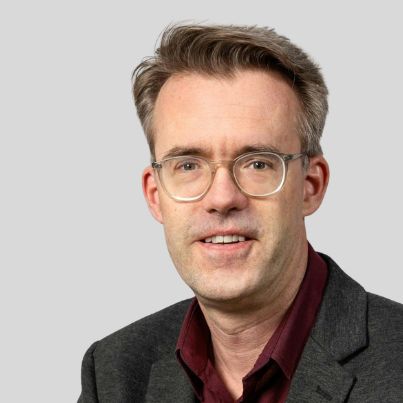
Tim Beissert
Dr., Senior scientist and group leader of vector development and gene transfer service unit, TRON gGmbH, Germany

Ganna Bilousova
Dr., Associate Professor at Department of Dermatology, Gates Center for Regenerative Medicine and Stem Cell Biology at the University of Colorado Anschutz Medical Campus, USA

Yves Briers
Dr., Associate Professor and Head of the Laboratory of Applied Biotechnology at the department of Biotechnology of Ghent University, Co-founded and CEO Obulytix, Belgium
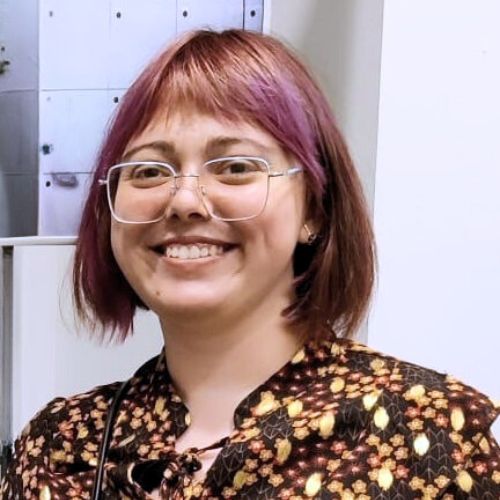
Tetiana Brodiazhenko
Dr., Scientist, Icosagen Cell Factory, Tartu, Estonia
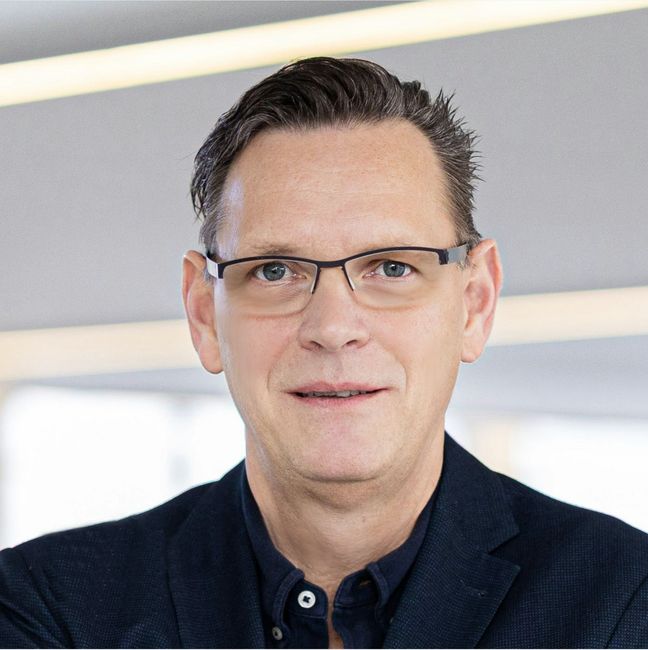
Frank Buchholz
Professor of Medical Systems Biology and Head of Translational Research at the University Cancer Center (UCC) of TU Dresden, Germany

Oleg Dmytrenko
Dr., PostDoc Researcher, Helmholtz Institute for RNA-based Infection Research, Germany
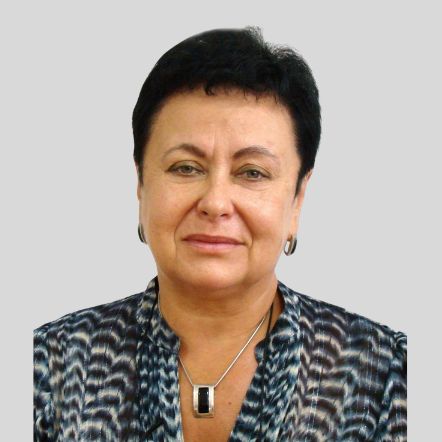
Liudmyla Drobot
Prof., Dr., Head of the Department of Cell Signaling of the Institute of Biochemistry of the NAS of Ukraine
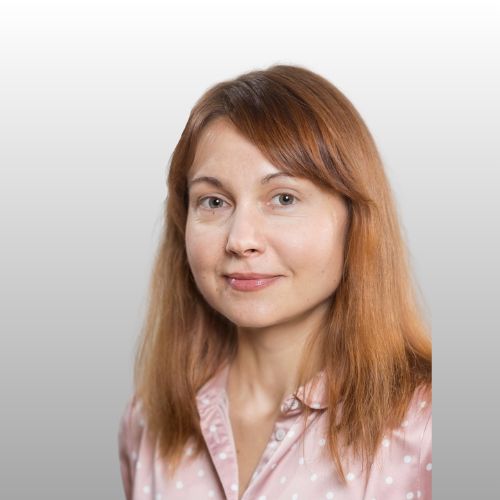
Anna Dubrovska
Prof., Dr., Group leader Biomarkers for Individualized Radiotherapy, OncoRay - Center for Radiation Research in Oncology, Helmholtz-Zentrum Dresden-Rossendorf, Germany

Józef Dulak
Prof., Head of Faculty of Biochemistry, Biophysics and Medical Biotechnology Jagiellonian University in Krakow, Poland
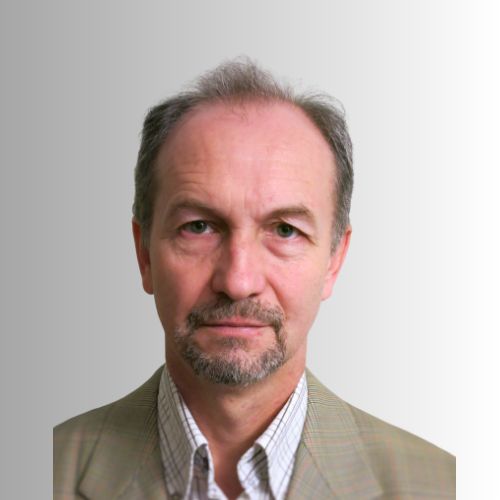
Sergiy Dzyadevych
Dr.Sci., Deputy Director of the Institute of Molecular Biology and Genetics, NAS of Ukraine

Edward Grahame
Dr., Field Application Scientist, Cytiva, United Kingdom
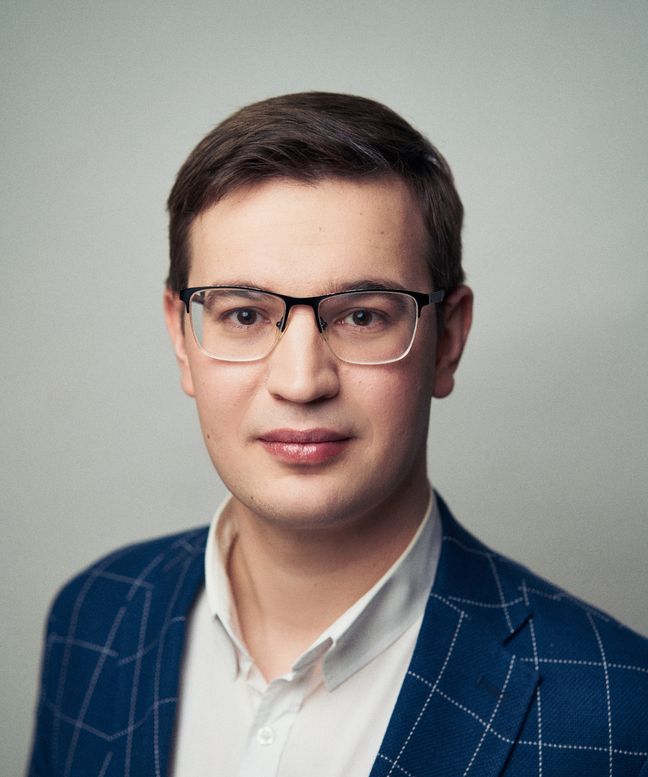
Oleksandr Hubar
Head of biotechnology products development lab, Scientific center, Pharmaceutical Corporation YURiA-PHARM, Ukraine

Bozena Kaminska
Prof., DSc., Head of Laboratory of Molecular Neurobiology, Nencki Institute of Experimental Biology, Poland
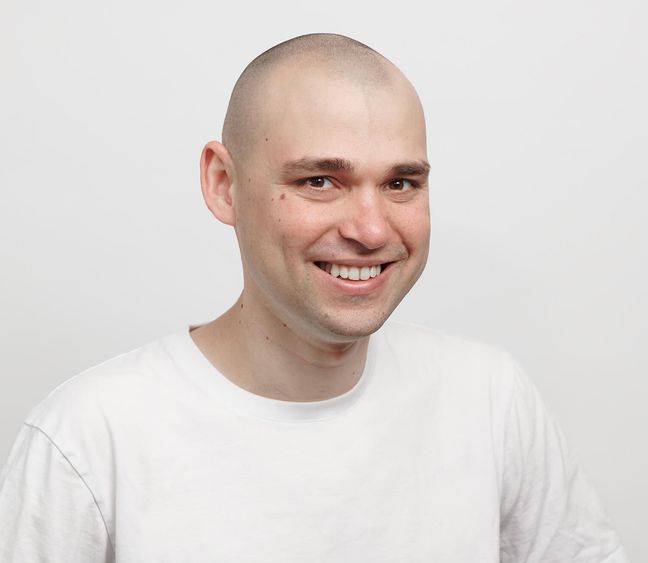
Maksym Korablyov
Chief Executive Officer of Dreamfold, Canada
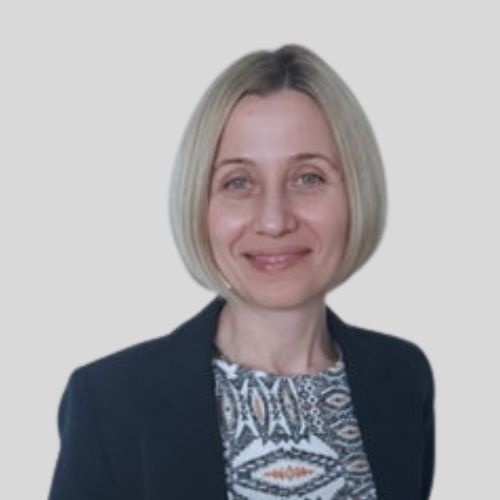
Olha Karaman
Dr., Senior Researcher, Laboratory of Immunology, National Cancer Institute, Lithuania
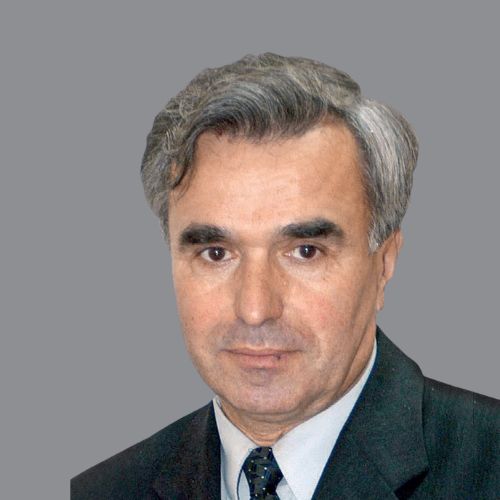
Alexander Kornelyuk
Prof., Dr. Sci. (Mol. Biol.), Corresponding member of the NASU, Head of Department of Protein Engineering and Bioinformatics at the Institute of Molecular Biology and Genetics, NAS of Ukraine
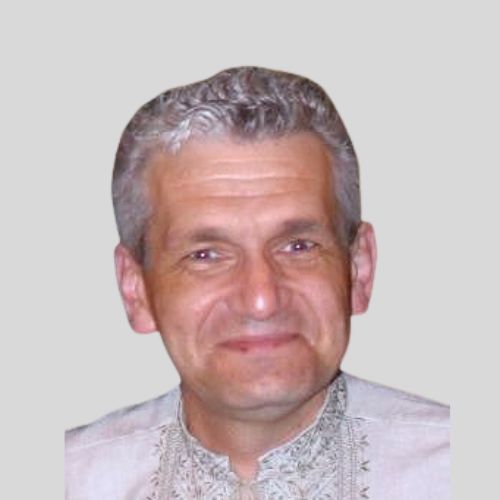
Yaroslav Korpan
Dr., Leading Research Scientist, Institute of Molecular Biology and Genetics, NAS of Ukraine

Maryna Korshevniuk
Dr., University Medical Centre Groningen, Netherlands. CEO & Founder of Apixmed LLC, Ukraine

Daria Miroshnychenko
Dr. Research scientist. Cancer Physiology and Metabolism. Moffitt Cancer Center, USA
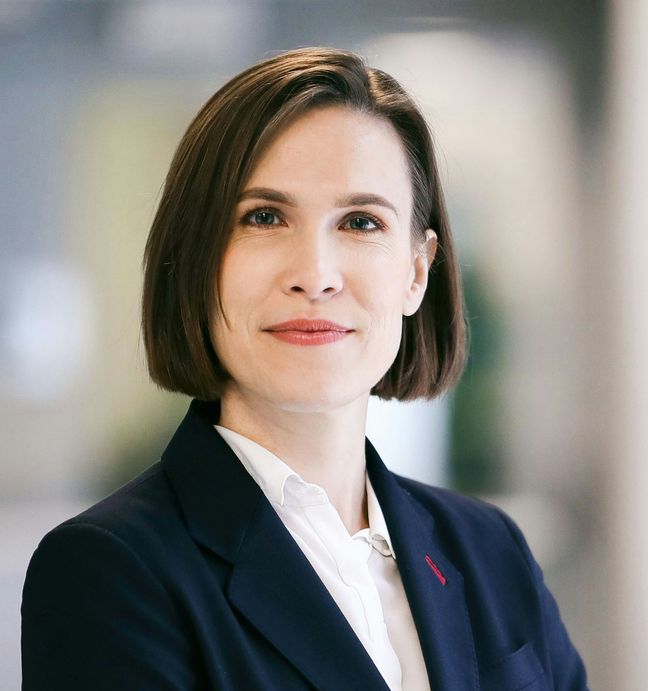
Urte Neniskyte
Dr., Principal Investigator, VU-EMBL Partnership Institute, Life Sciences Center, Vilnius University, Lithuania

Oleksandr Petrenko
Research Fellow, Medical University of Vienna, Austria
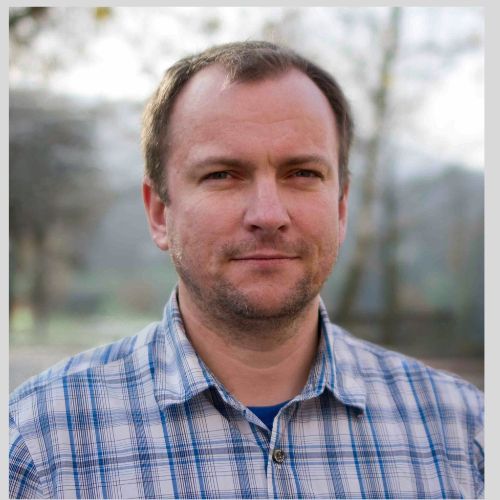
Yuriy Rebets
Dr., Сhief scientific officer, Explogen LLC, Ukraine

Dina Schneidman
Dr., PI, Computer Science and Engineering School, Hebrew University of Jerusalem, Israel
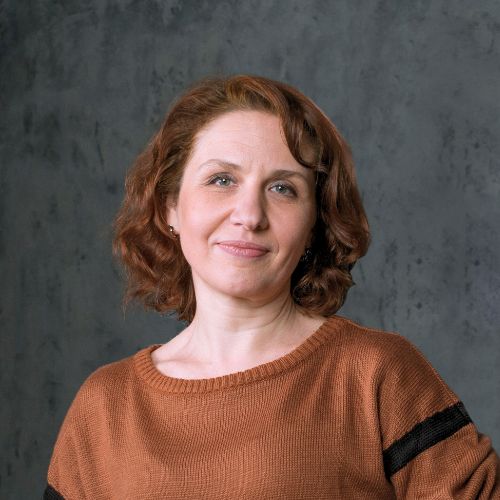
Natalia Shcherbak
Dr., Senior Researcher and Deputy Head of the Department of Genetic Engineering at the Institute of Cell Biology and Genetic Engineering (ICBGE), NAS of Ukraine

Yana Sindarovska
Dr., Senior researcher, Department of Genetic Engineering, Institute of Cell Biology and Genetic Engineering, NAS of Ukraine

Inessa Skrypkina
Dr., Associate Professor, Deputy Head of the Faculty of Molecular Biology and Biotechnology of Kyiv Academic University, Head of the Laboratory of Nucleic Acid Biosynthesis, Institute of Molecular Biology and Genetics of the NAS of Ukraine

Roman Sydor
Dr., Senior Biotechnologist, Biotechnology products development lab, Scientific Center, Pharmaceutical Corporation YURiA-PHARM, Ukraine

Nana Voitenko
Prof., Rector of Dobrobut Academy Medical School, Ukraine